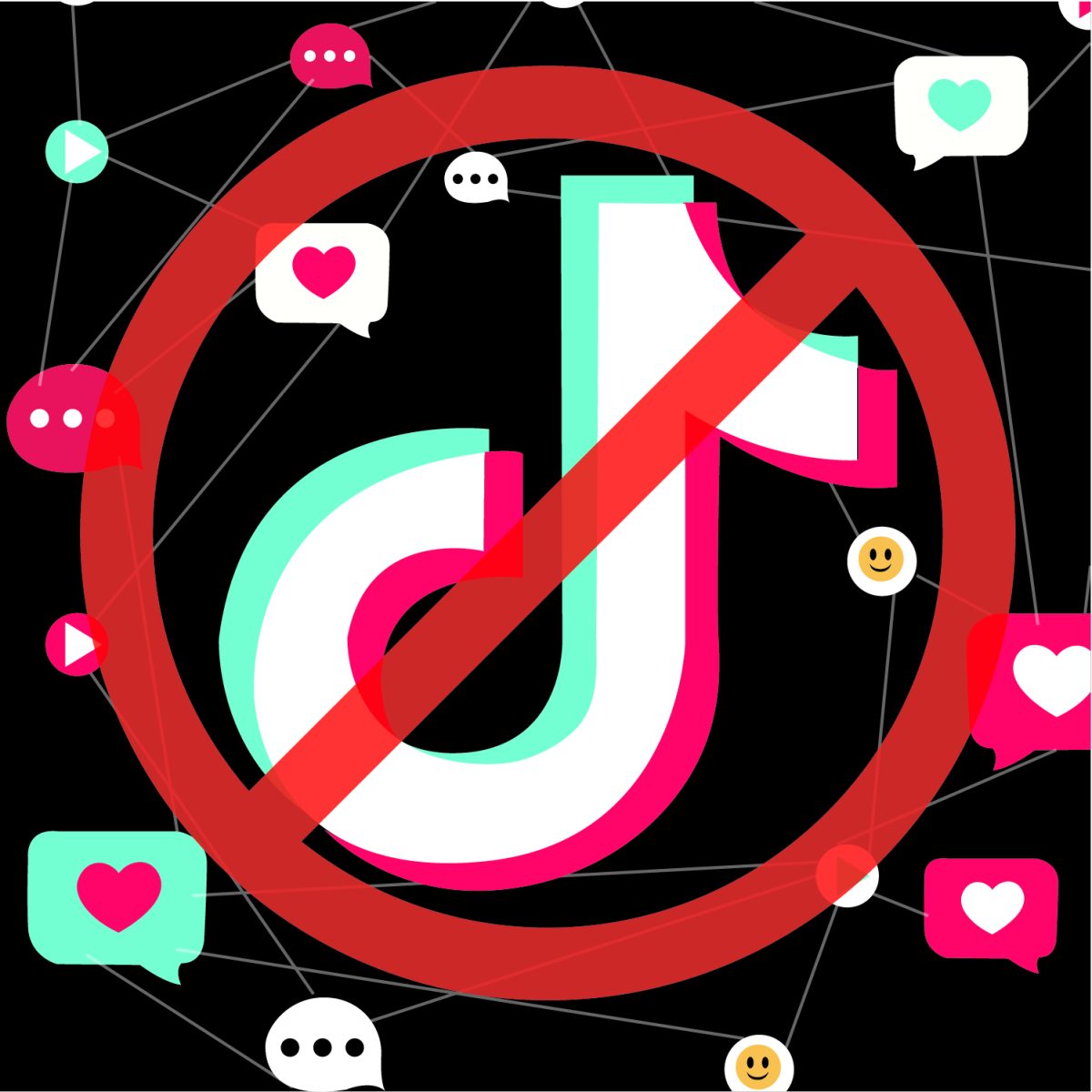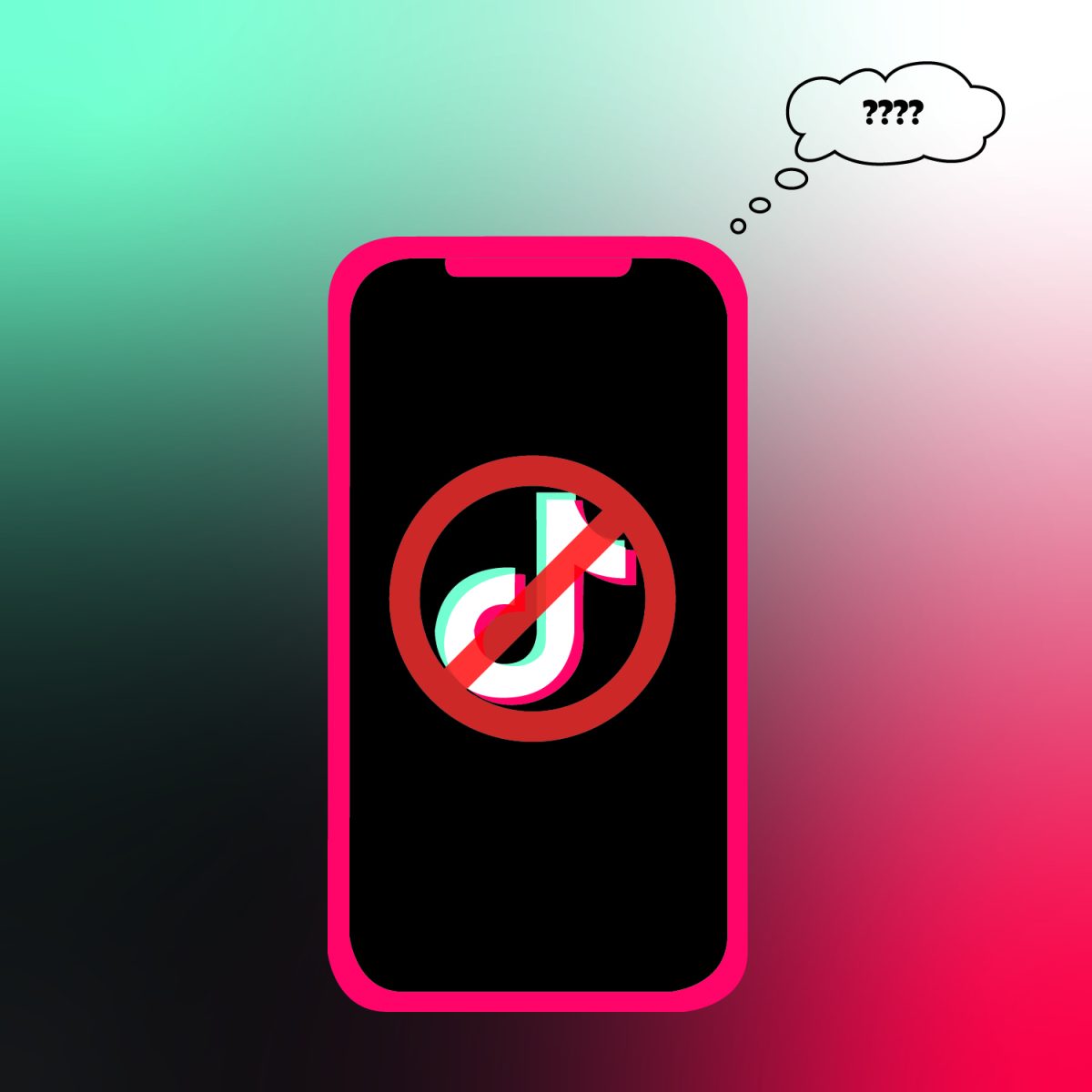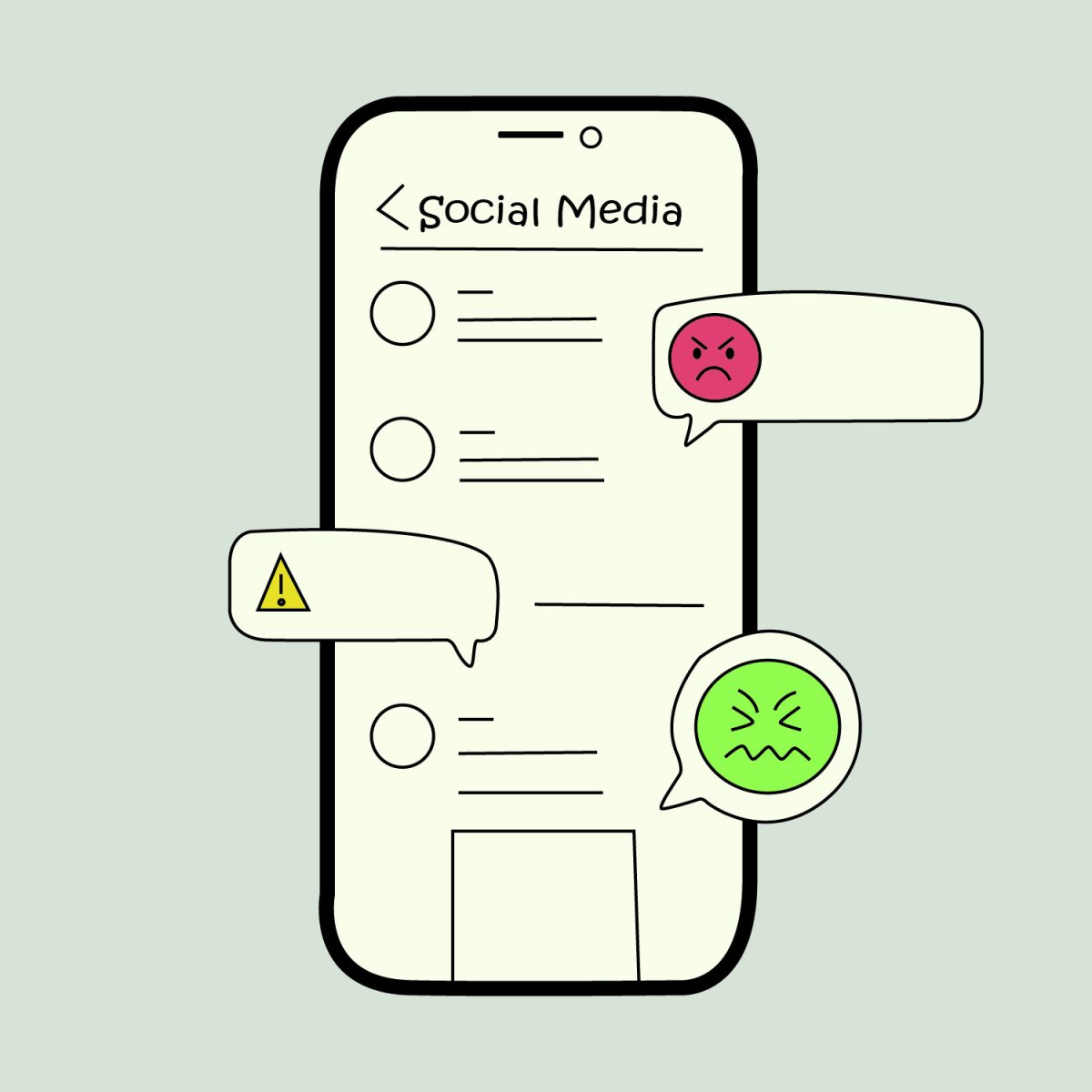Removing Universal Music Group’s music from TikTok has the potential to mark a new era in how music is made and promoted. Universal Music Group is one of the leading music corporations in the world and boasts of being a hub for some of the most influential artists and writers today in music today, such as Taylor Swift, Harry Styles, and SZA. Additionally, UMG hosts the labels that produced music transcendent of time from Bob Dylan, Pearl Jam, and Beyoncé.
On Feb.1, a clash between UMG and TikTok resulted in the removal of all songs under UMG’s jurisdiction from the app, and millions of videos going silent with the label “This sound isn’t available.” TikTok responded, “It is sad and disappointing that Universal Music Group has put their own greed above the interests of their artists and songwriters” and “The fact is they have chosen to walk away from the powerful support of a platform with well over a billion users that serves as a free promotional and discovery vehicle for their talent.” Since its genesis, TikTok has been a major curator of culture. As the New York Times noted, “TikTok can make a song a hit or revitalize a decades-old classic, as happened in 2020 with Fleetwood Mac’s 1977 track ‘Dreams.’” We see this pattern occur frequently: a 20-second clip will be posted with a song in the background, it receives mass attention, and then hundreds of thousands of videos follow. Instantly, a new hit in the mainstream. This has the potential to create a second wave of wider commercial success for forgotten songs, exemplified by Taylor Swift’s “Cruel Summer,” which reached the Billboard Hot 100 and was certified as a single four years after its original release.
The New York Times stated “Universal’s clash with the platform is the latest manifestation of a media conflict that has played out repeatedly over the last two decades, pitting tech companies’ innovations against the music industry’s demands for control and compensation.” The root of the debacle is an entanglement of fair compensation for artists and ownership. Despite the awkwardness and frustration of silenced videos, I believe the removal of UMG music from TikTok is a positive change. TikTok became increasingly obsolete when Instagram announced the competitive feature, Reels, in 2020. YouTube quickly followed with Shorts, and now main platforms can perform the same function and provide the same entertainment as TikTok in addition to their original appeal, with the advantage of UMG music still being available.
The music industry has been visibly contoured by TikTok. With the instant gratification of virality, songs are decreasing in both length and production value. While TikTok notably has the ability to resurrect classics or kickstart artists’ careers, it also encourages a lack of artistry. The app is overrun with promotional videos for songs catering to a generation of shrinking attention spans that latch on to one belted lyric or an obscure band name and has created a sub-genre of “TikTok songs” somehow separated from the mainstream. A naturally occurring break between TikTok and the music industry is a positive reset.











Nancy Canafuego • Feb 27, 2024 at 9:30 am
UMG is more than the singers and songwriters in the music industry. Their experienced ecosystem people are the ones who have the clear knowledge of what is really needed to have a fair and successful business in music for everyone concerned. Let the real experts handle the issues. Don’t take sides, if you don’t have understanding of the music industry business ecosystem.
God bless everyone!
Youtube Nancy Canafuego Channel